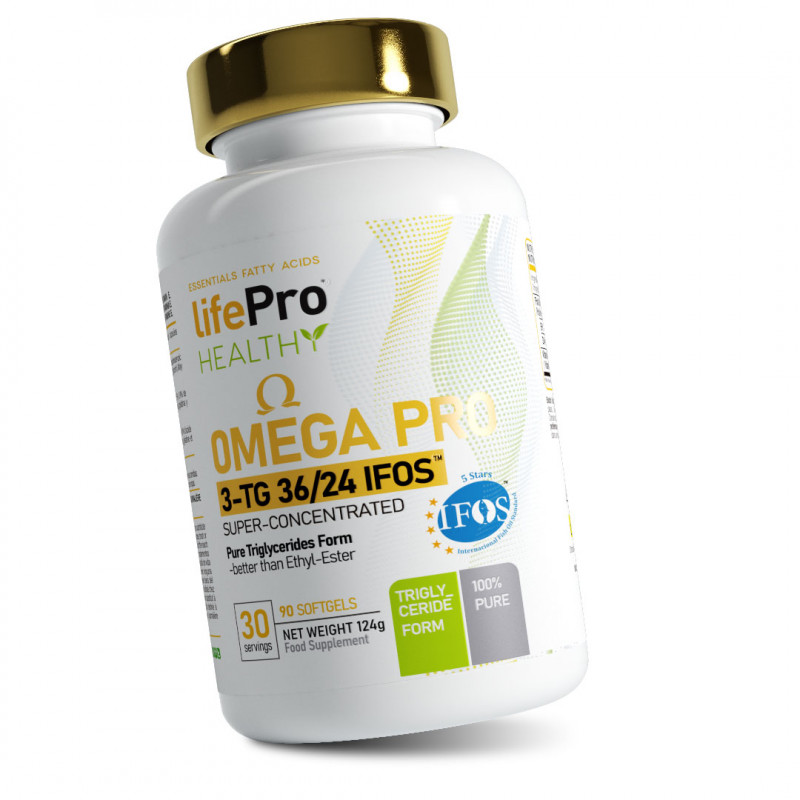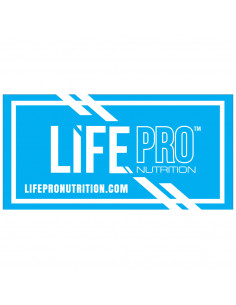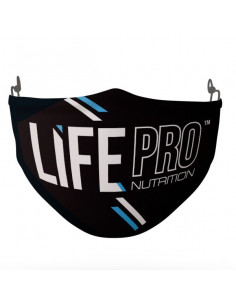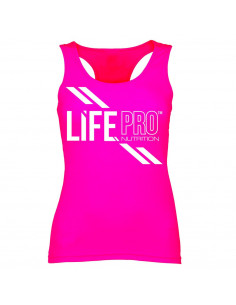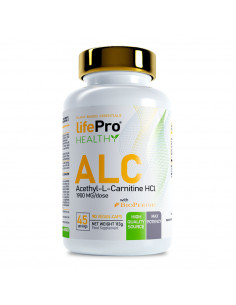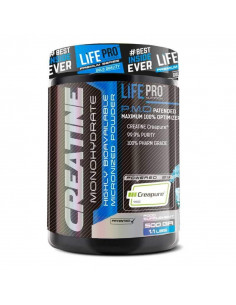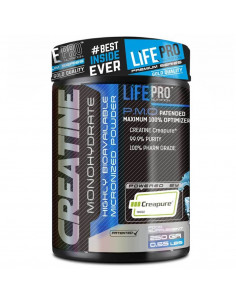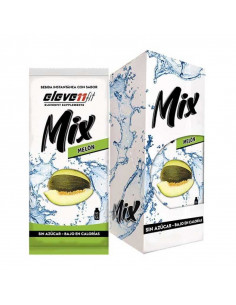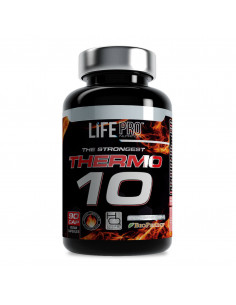

Omega 3 fatty acids are essential fatty acids, which means that they must be acquired through the diet, since the body is not capable of synthesizing them by itself, which means that their main source is nutritional. In turn, this family of fatty acids is composed of ALA as a progenitor from which the others, EPA and DHA, are obtained.
What is it used for?
However, the conversion of this fatty acid known as ALA to EPA and DHA is very limited, especially in modern omnivorous diets, which implies the need for its consumption with the diet or in many cases as a supplement.
Currently, dietary recommendations are not listened to by most of the population, choosing foods with low quality and unhealthy fats and establishing a very poor omega 3: omega 6 ratio, so that the amount of omega 3 is not commensurate for optimal health.
Omega 3 fatty acids have very important biological functions as they help form tissues such as the retina or nerve tissue, help control inflammation, regulate triglycerides and other metabolic parameters, so that inadequate consumption can be detrimental to health.
Omega-3 supplements usually come from fish oil, since oily fish are a good source of this fatty acid in sufficient quantity and quality.
However, we commonly find in the market omega 3 fatty acids that do not meet the criteria of maximum quality, since these are presented in its ethyl-ester form, however, although this form is stable, it has a lower bioavailability than in the form of triglycerides, so the amount of these acids that is absorbed is lower and therefore, its benefits at the same dose are lower due to a worse digestion.
At the same time, in spite of finding a product in its most natural form, which is triglycerides, it is important that this product is not oxidized, since this would mean a less assimilable product and with negative consequences for health. In this sense, a meticulous choice of the raw material together with the IFOS vanguard certificate, assures us a highly bioavailable omega 3 and of the highest quality that has been subjected to strict tests and that certify it as of maximum bioavailability and free of oxidized compounds negative for health.
For all this, within the current criteria that guarantee the quality of a good omega 3, Omega 3 can be placed as a top of the range, meeting the highest standards of nutritional and technological quality that current scientific evidence places us.
Benefits:
-
Helps against cardiovascular risk markers.
-
Effective in the control of oxidative damage.
-
Essential in many human tissues.
-
Help against some chronic diseases of inflammatory origin.
-
Possible help against ophthalmological and neurodegenerative diseases.
-
Control of muscle damage induced by exercise.
-
Makes up for the lack of omega-3 in the Western diet.
Precautions:
If you are receiving medication of any kind, consult with your physician before making use of this supplement.
What dosage should I take?
Consumption up to 3 pills daily on meals (one pill on each meal, 1 g of fish oil with 360 mg of EPA and 240 of DHA for each pill). It is important to consume in a refrigerated space and without direct sunlight on the product.


